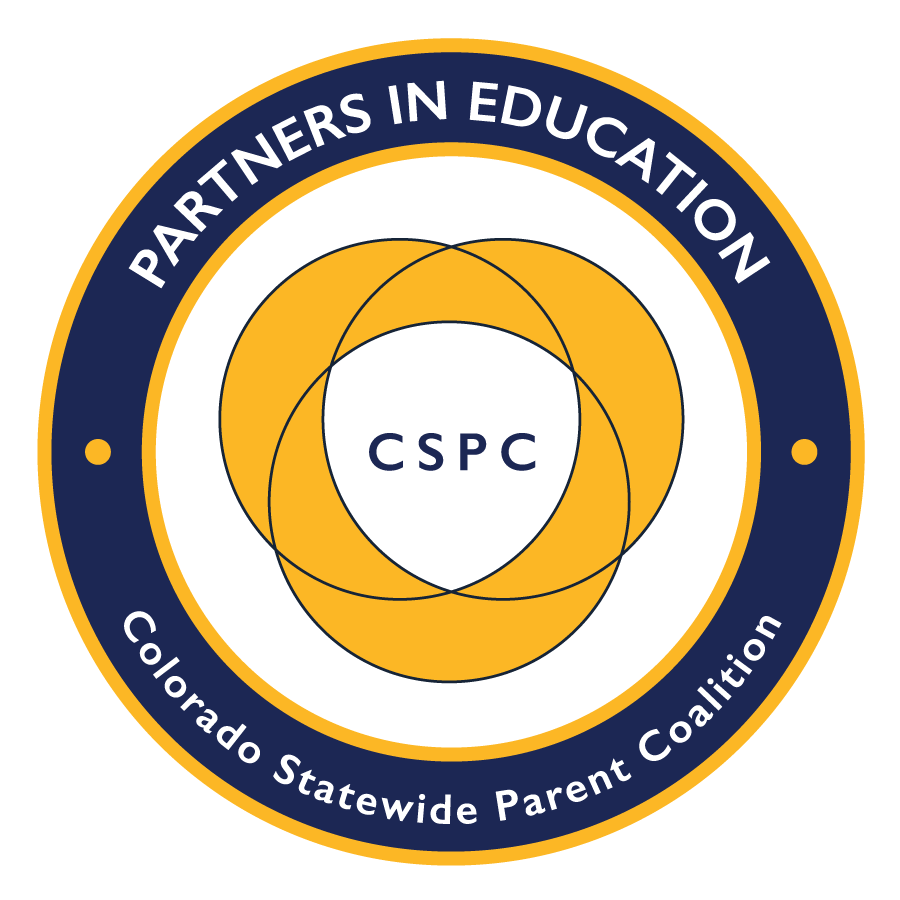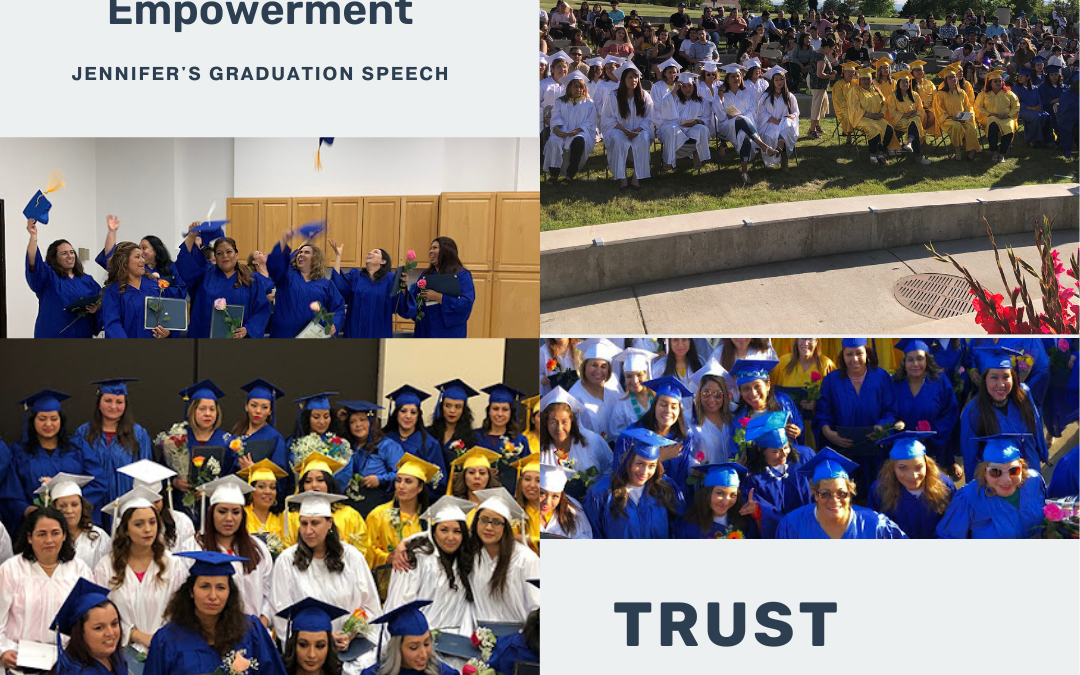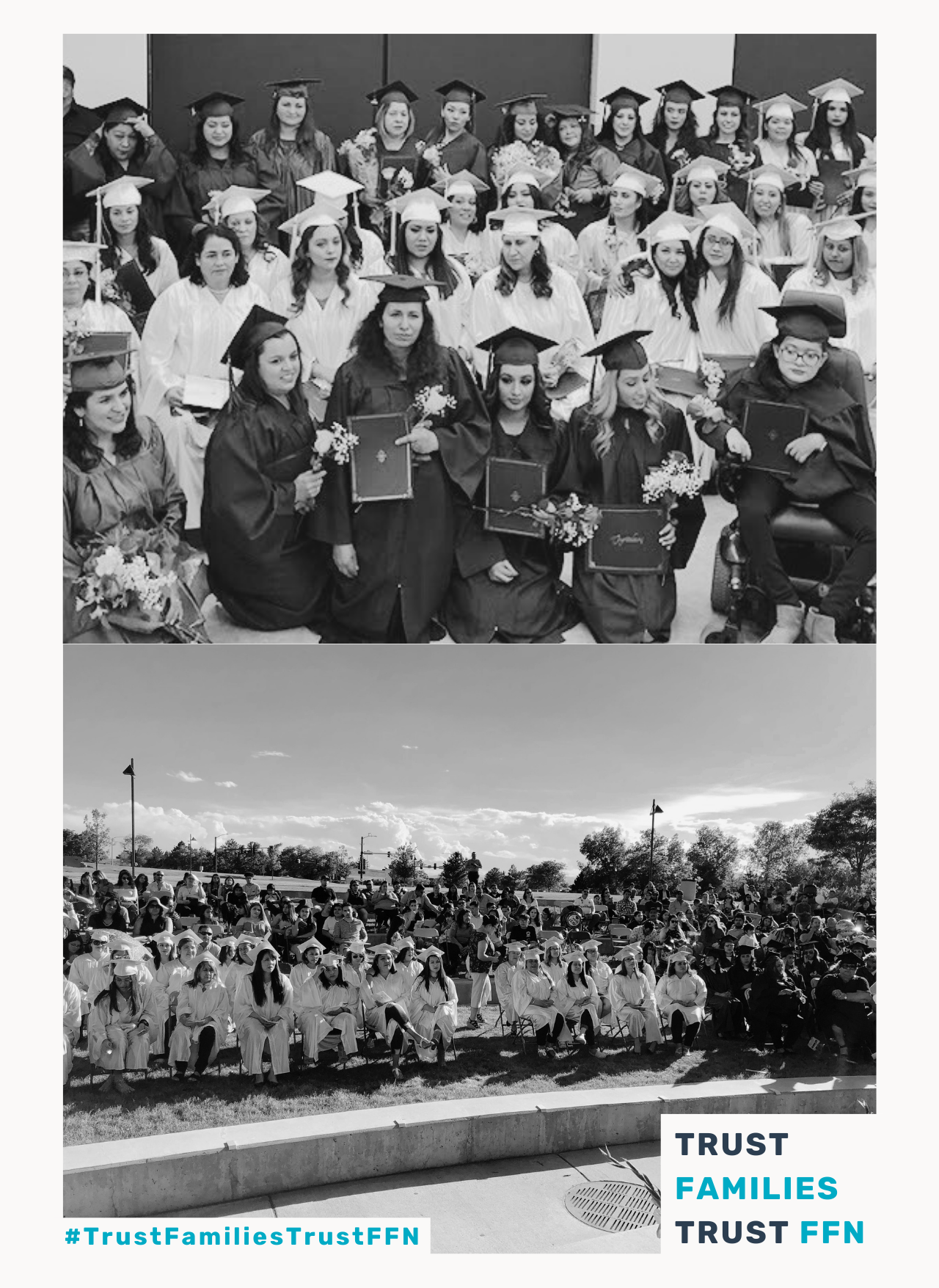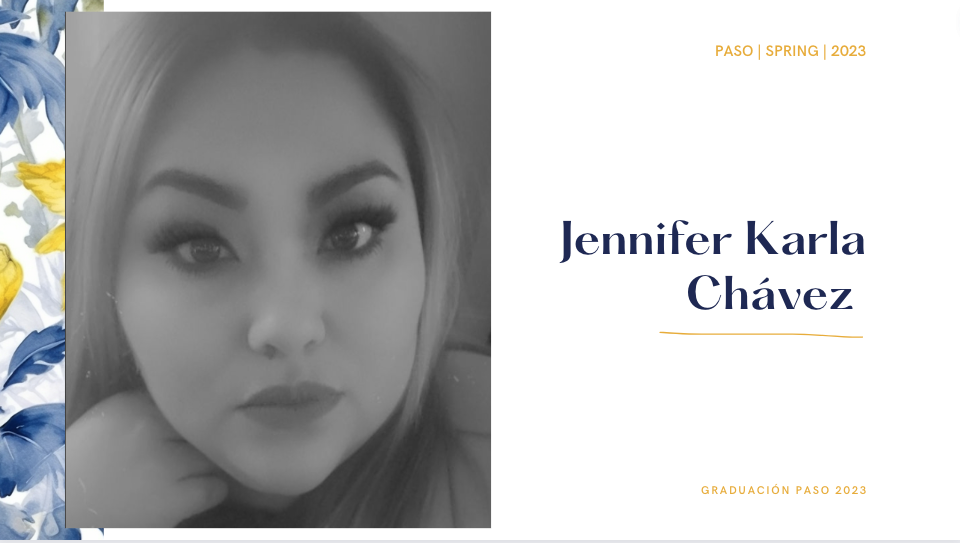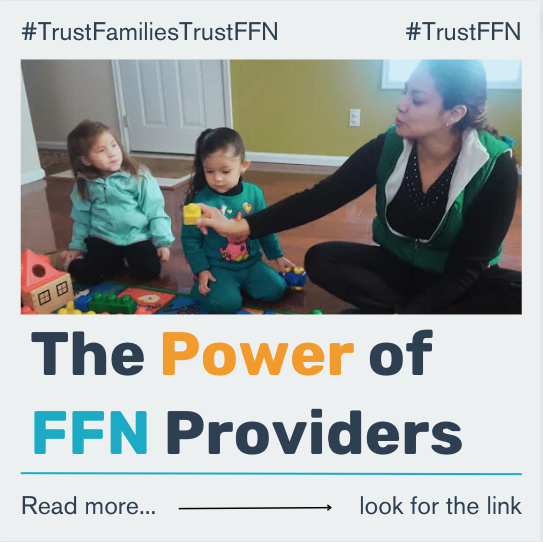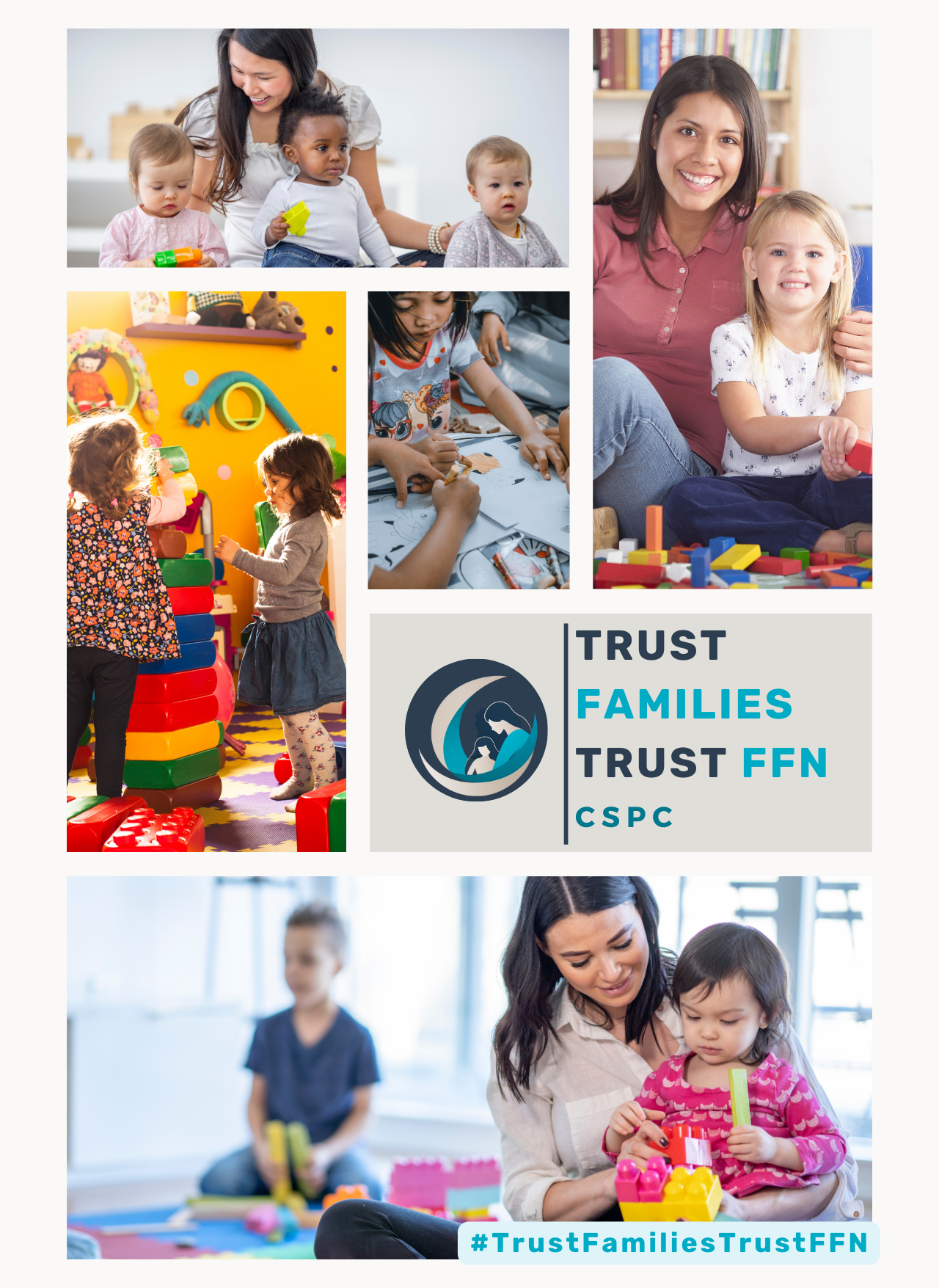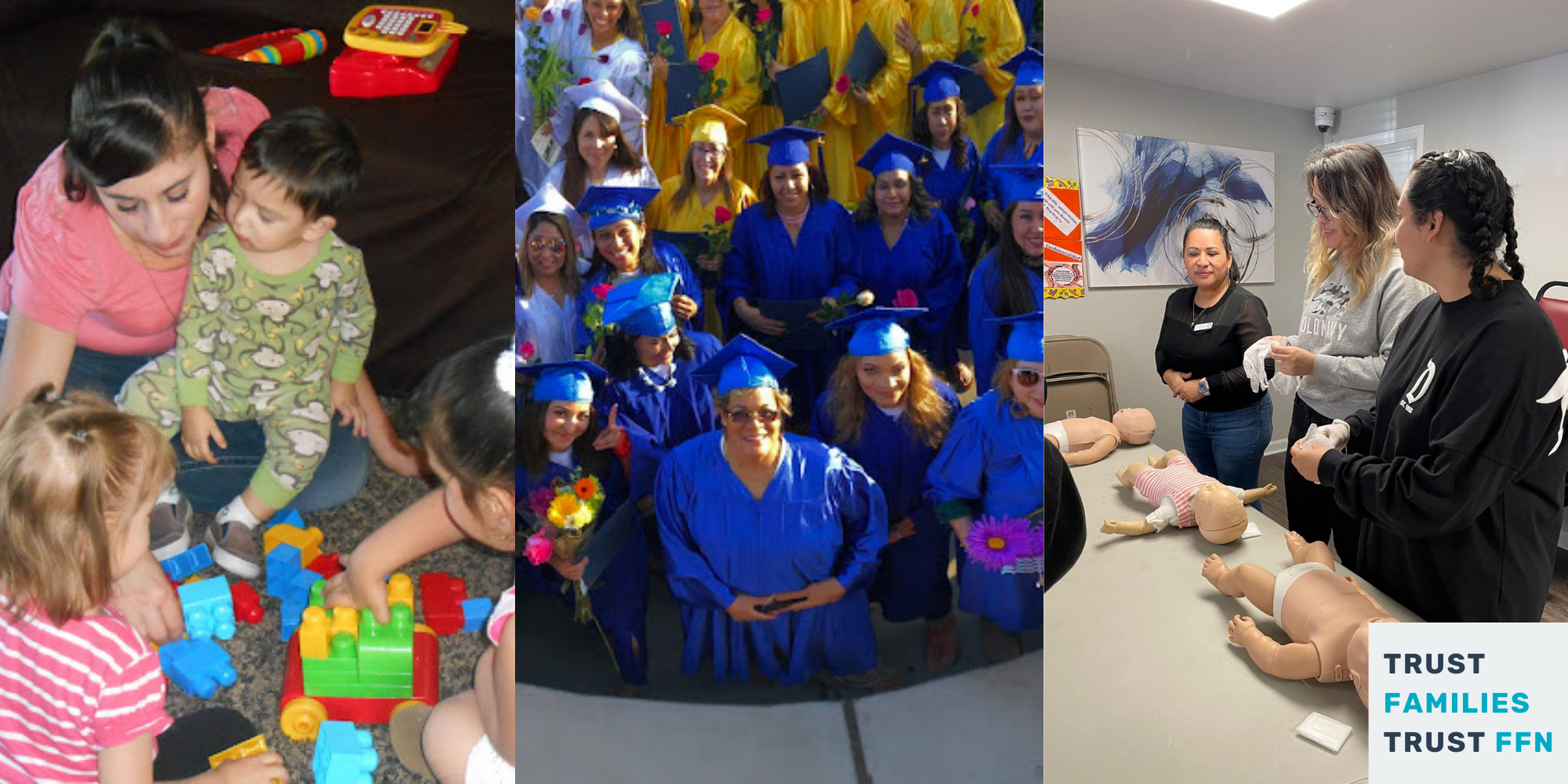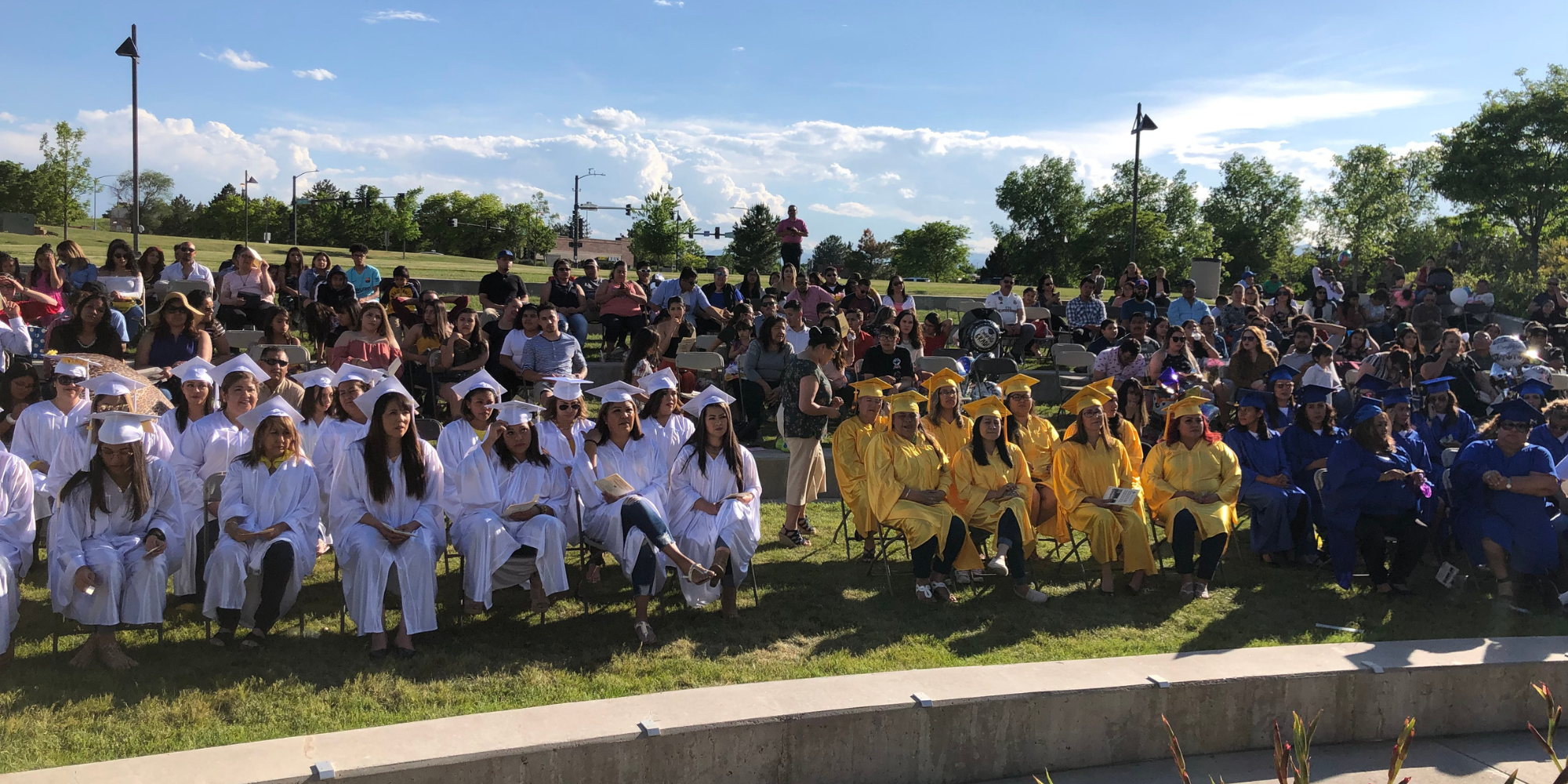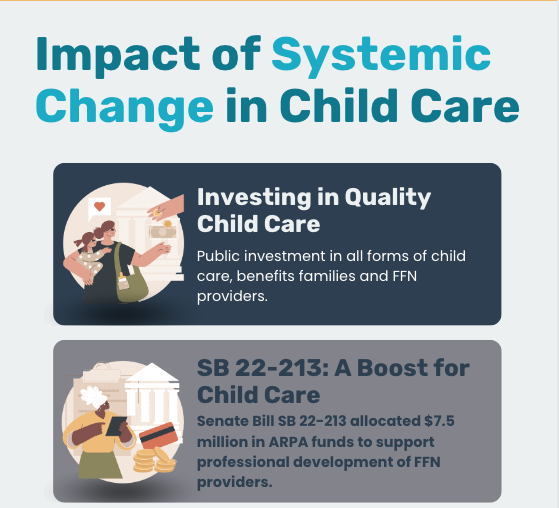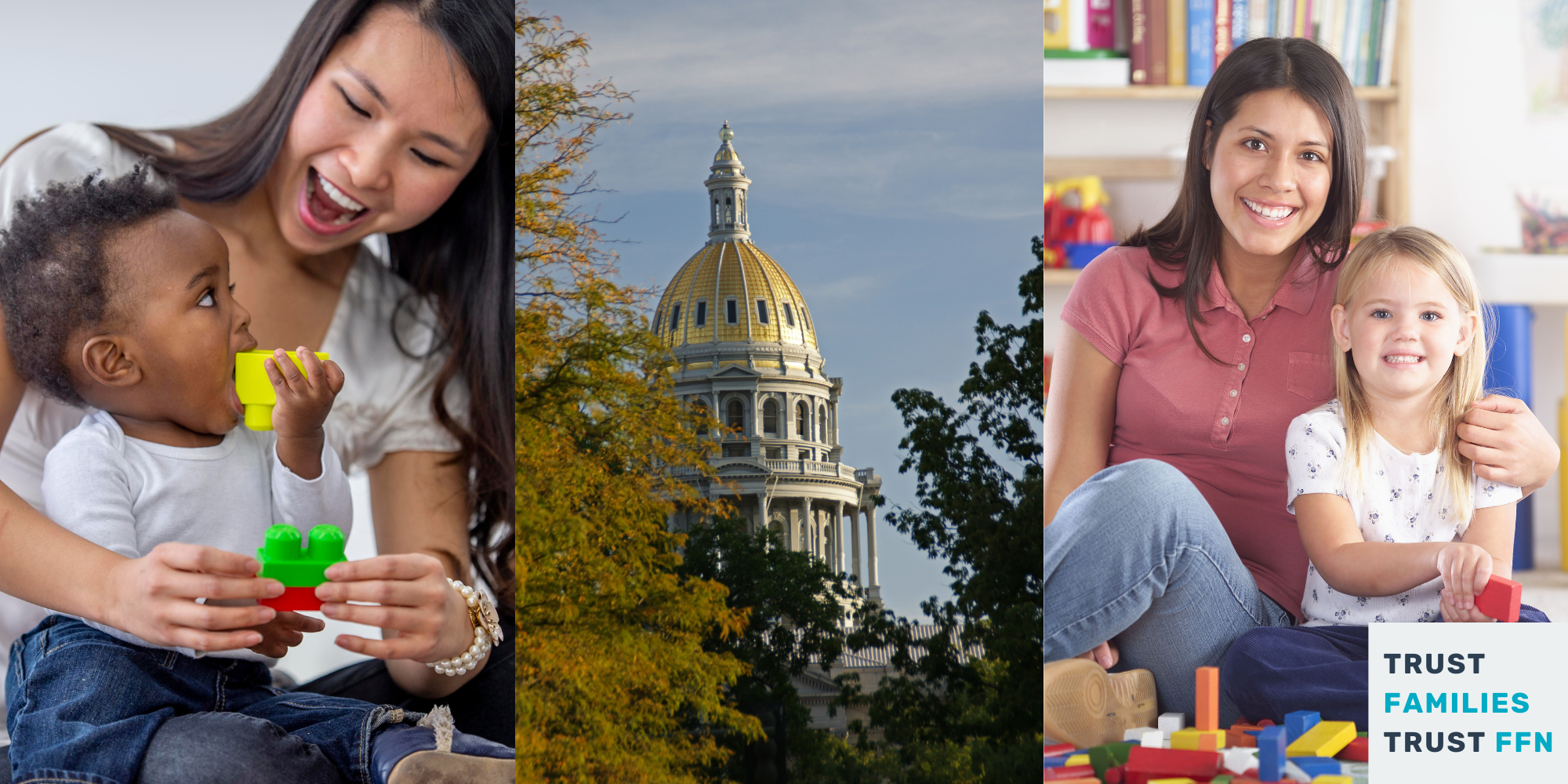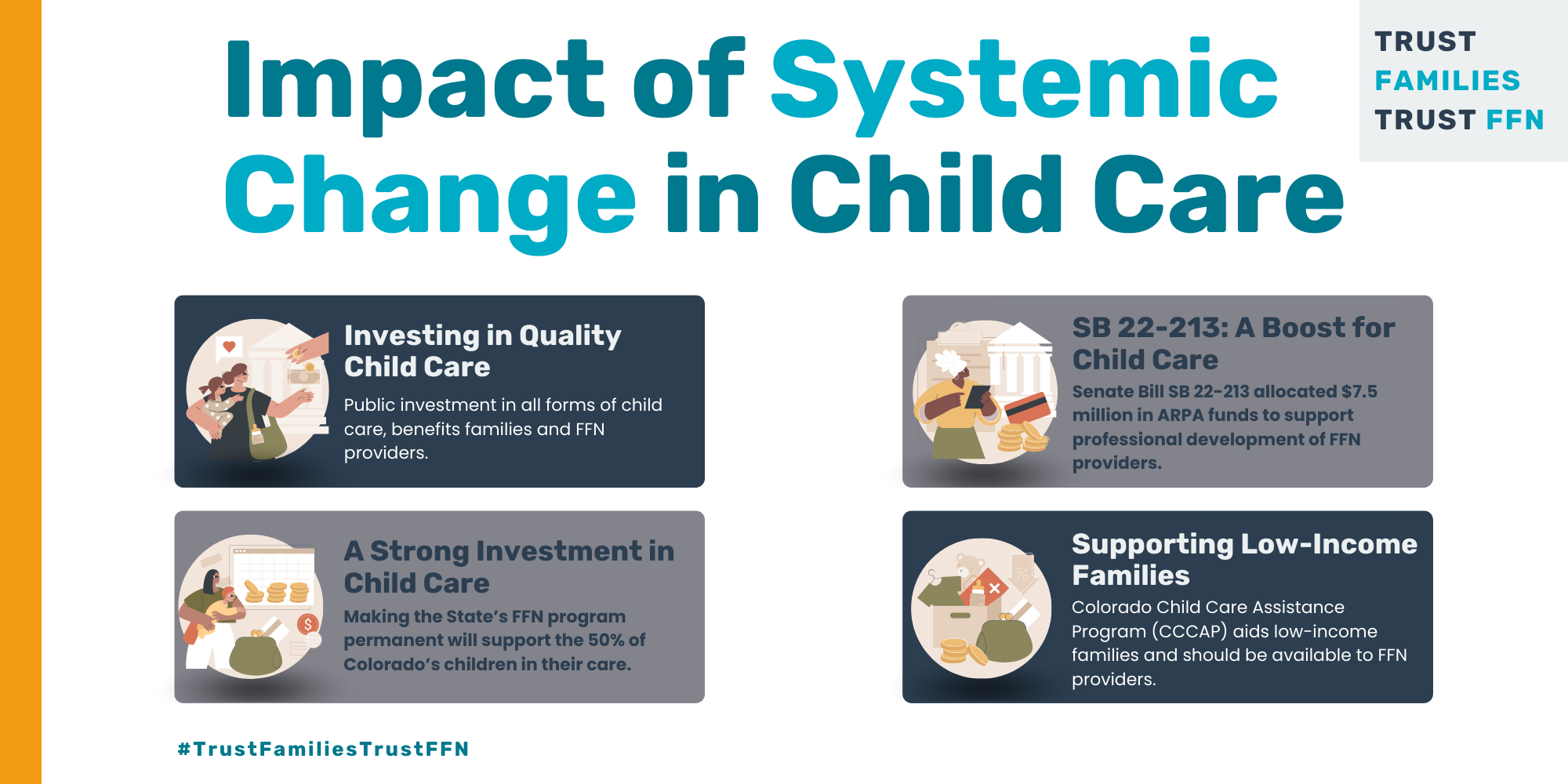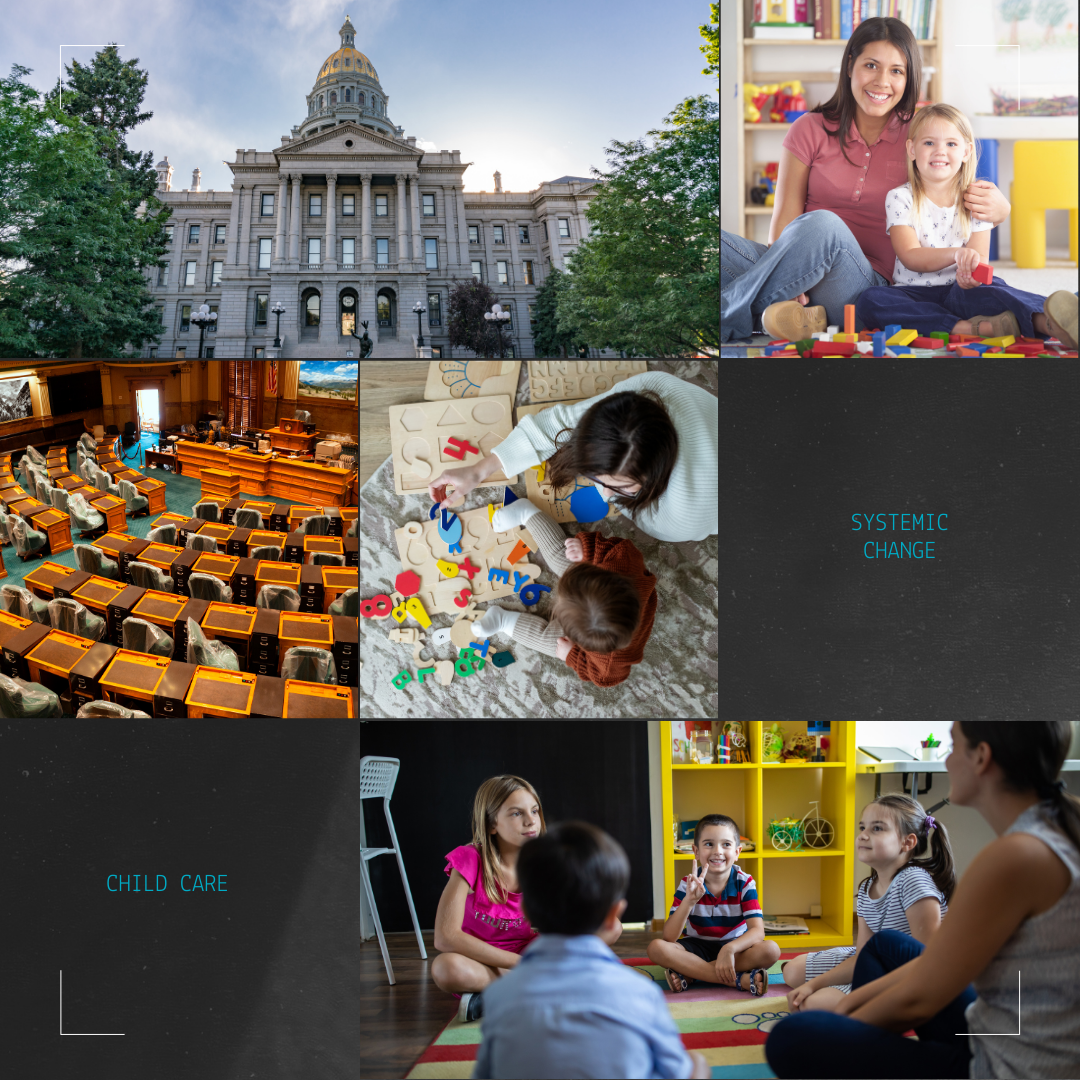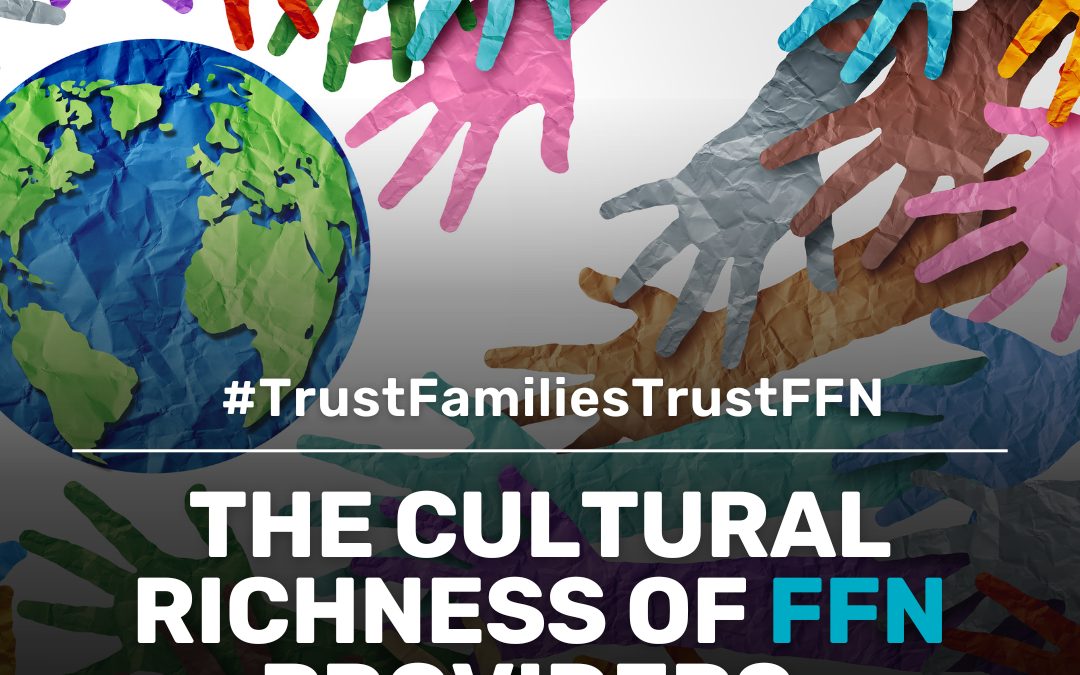
The Cultural Richness of FFN Providers
The Cultural Richness of FFN Providers
Nurturing a Richer Experience for Children
In the vibrant mosaic of our communities, Family, Friend, and Neighbor (FFN) providers bring a wealth of diverse cultural backgrounds and experiences to the world of early childhood education. These dedicated caregivers play a vital role in shaping the lives of children, offering them a unique opportunity to learn and grow within a culturally rich environments.

Why Cultural Richness Matters
Cultural richness refers to the wide array of cultural backgrounds, traditions, languages, and experiences that FFN providers bring to their caregiving roles. The families who entrust their children to FFN providers often come from diverse cultural backgrounds. Embracing and celebrating this cultural richness can have numerous positive effects on child’s development.

Here are some compelling reasons why recognizing and appreciating cultural diversity in FFN caregiving is important for families:
1. Respect for Diversity: Our communities are a mosaic of cultures, languages, and traditions. Culturally competent caregivers and families embrace this diversity, fostering an inclusive atmosphere for everyone.
2. Effective Communication: Understanding cultural nuances enhances communication between caregivers, children, and families. It promotes clear and empathetic interactions that strengthen relationships.
3. Tailored Care: Cultural competence allows caregivers to provide care that aligns with a child’s cultural context. This tailored approach can positively influence a child’s sense of identity and belonging.

Shared Cultural Backgrounds: Strengthening Bonds
In some beautiful instances, FFN providers share the same cultural background as the families they help. This connection can create an even more profound opportunity for your child to solidify their cultural identity. When FFN providers and child families come from the same cultural heritage, there’s a shared understanding of traditions, values, and language. This shared cultural experience can help children feel more connected to their roots, speak their native language fluently, and truly understand the richness of their own culture. It’s a heartwarming aspect of FFN caregiving that not only fosters cultural pride but also strengthens the bond between the caregiver, the child, and the family.
The Impact on Children
By actively embracing and celebrating the cultural richness of FFN providers, you provide your child with a profound opportunity for growth and enrichment. They will develop a broad worldview, cultural sensitivity, and a deep appreciation for the diverse world around them.
In the rich mosaic of early childhood education, FFN providers can be some of the the pieces that form the big picture of cultural understanding and acceptance. As families, let’s cherish and celebrate this diversity, recognizing the invaluable contributions that FFN providers make to our children’s lives.
Together, we can ensure that every child’s journey is enriched by the vibrant cultural tapestry that surrounds them, fostering a generation that truly appreciates and celebrates the beauty of diversity.
